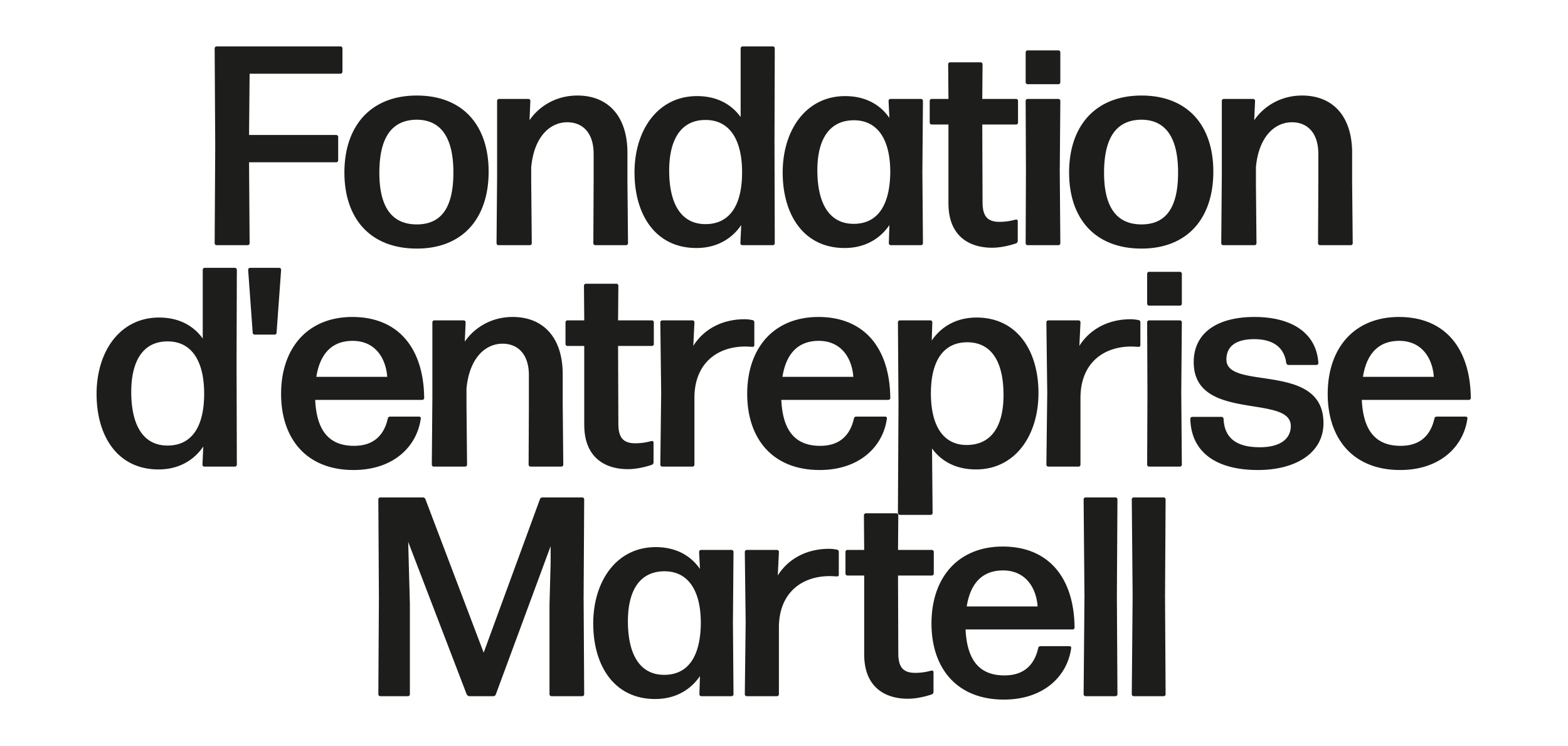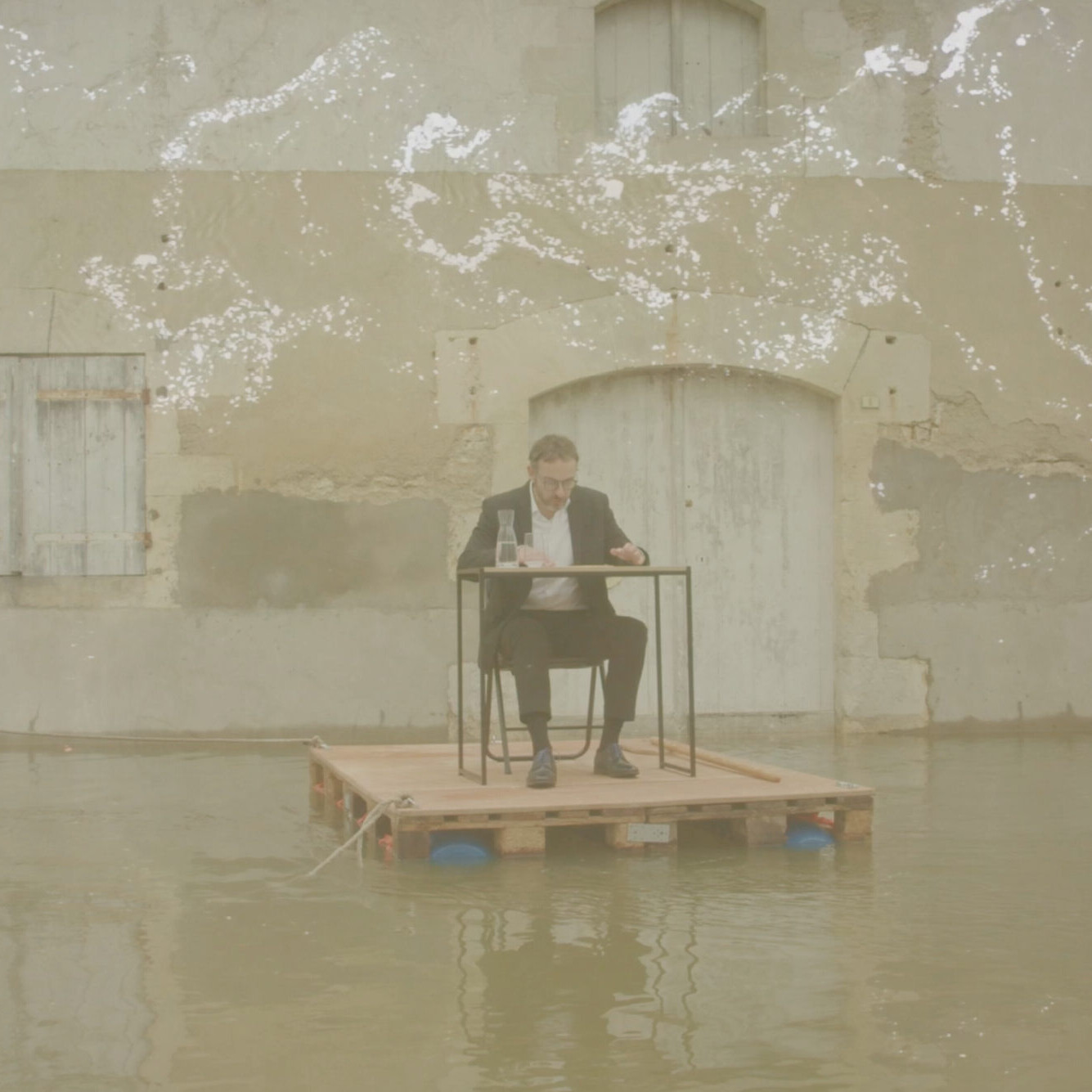Ludovic Duhem
February 2024
Ludovic Duhem will present his projects and host a conference on the Bioregion on Wednesday, March 6, 2024 at 6.30 pm
Free entry
The Project
Ludovic Duhem developed three projects during his research residency at the Martell Foundation, all related to the location, particularly with the river.
The first project is a performance conference entitled “Conference in Charentes” (plural). It inaugurates a cycle of “situated conferences” that are always given in situ, without an audience, with few scenographic elements. The main idea is to question our connection to the place and to rethink the conditions of our way of sensing, thinking, and acting by attempting to address a natural or artificial entity as a “person” or rather as a multiple and shifting subject. To carry out this conference, he wrote a text based on his knowledge of current ecological issues, particularly those related to watercourses (resource, pollution, drought, flooding, privatization, etc.), and his experience of the Charente River during a significant flood in December 2023. He also designed and built a raft that served as a precarious floating platform where the figure of the lecturer finds himself outside the usual context of speaking, literally embarked amidst uncontrollable elements. The overall atmosphere of the flood and winter mist further reinforced the meaning of the conference. The result is a video of approximately 18 minutes, directed by filmmaker Sébastien Duhem.
The second project is a series of sculptures, entitled “Tabular Landscapes”. By arranging ceramic modules with waste from oyster (oyster shell scales) and wine (grape grains) production from the Charente region, he created provisional landscapes on the scale of a large table placed in the “Almanach” exhibition held during his residency. These landscapes express tensions, frictions, and even conflicts between human activity and natural reality, tensions arising from gestures to cultivate the land, develop the territory, and control water, especially along the Charente and around Cognac.
The third project is a series of drawings, entitled “Charentes”. They are made with a blue ballpoint pen on raw wood from graphic notes or photographs taken on the banks of the Charente during his walks during the residency. These landscape drawings show recognizable but often partial and enigmatic objects or parts of objects, without picturesque elements or human figures. His main aim is to create games between detail and totality, between natural and artificial, close and distant, observed and imagined, solid and liquid. The visible wood veins on the support provide the motif and movement of the river, with a few rare traces emphasizing them. The use of an industrial tool and a standardized commercial support is not incidental; it participates in a critique of landscape fabrication by utilitarianism and consumerism. He will also host a conference: Rethinking the Territory with a Bioregional Approach With the general awareness of the critical situation of ecological conditions for life on Earth, recourse to the “territory” is now an unavoidable leitmotif in artistic, economic, and political fields. However, the apparent consensus around the notion of “territory” still leaves many difficulties, if not real problems, in the dark regarding the meaning attributed to “territory,” the values attached to it, and the relevance of such recourse to meet current challenges. This conference proposes to revisit the notion of territory through a “bioregional” approach. Still relatively unknown to the French public and academic world, the “bioregional” approach emerged in the USA in the early 1970s within a community of artists and ecological activists in San Francisco, and it subsequently spread worldwide within a few years. The current interest in France in the idea of a bioregion and the bioregionalist movement probably lies in its ability to rethink the territory not only based on principles of identity, sovereignty, power, administration, and planning but also to reconnect with the place by urging us to act where we live. According to bioregionalism, this is possible by seeking to re-inhabit one’s living place based on watersheds, through the community of living beings, by mobilizing both traditional and local knowledge and modern sciences, by combating capitalist industrialism, by developing alternative energy and transportation systems, by rethinking production and consumption practices, and by celebrating the poetry of worlds.
Ludovic Duhem holds a PhD in philosophy, history of science and technique, as well as a master’s degree in Fine Arts.

